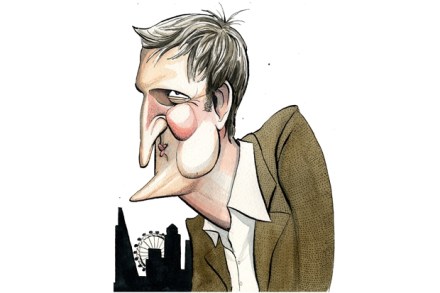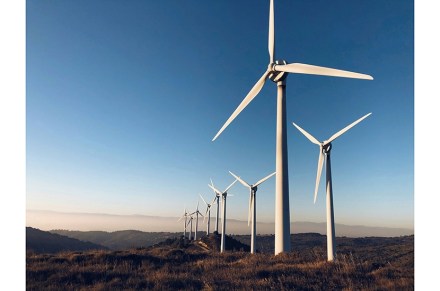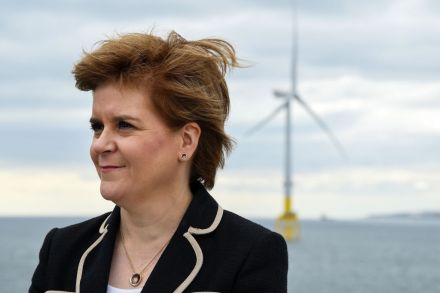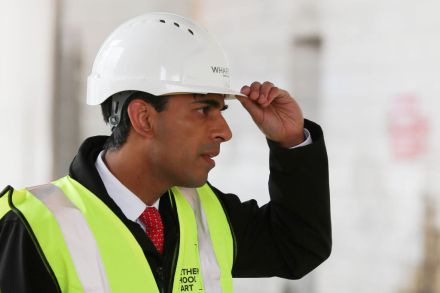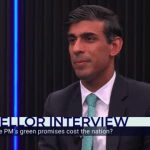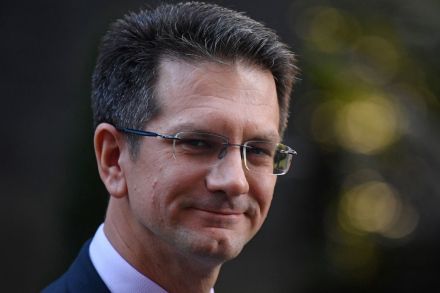How serious is the government about Net Zero?
The green agenda is leading the news, with Boris Johnson on a PR mission to sell his environmental plans to the country (and sceptical Tory MPs) ahead of Cop26. Several documents were published last week, including the much-delayed Heat and Building strategy, the Net Zero strategy and the Net Zero review which is meant to offer some idea of how much exactly the whole agenda will cost. Downing Street is pushing their environmental policies as a gradual transition rather than something that could drastically impact household finances. But how might this work in practice? Tomorrow, The Spectator is hosting its own virtual Cop26 summit (you can get tickets — free and open to












